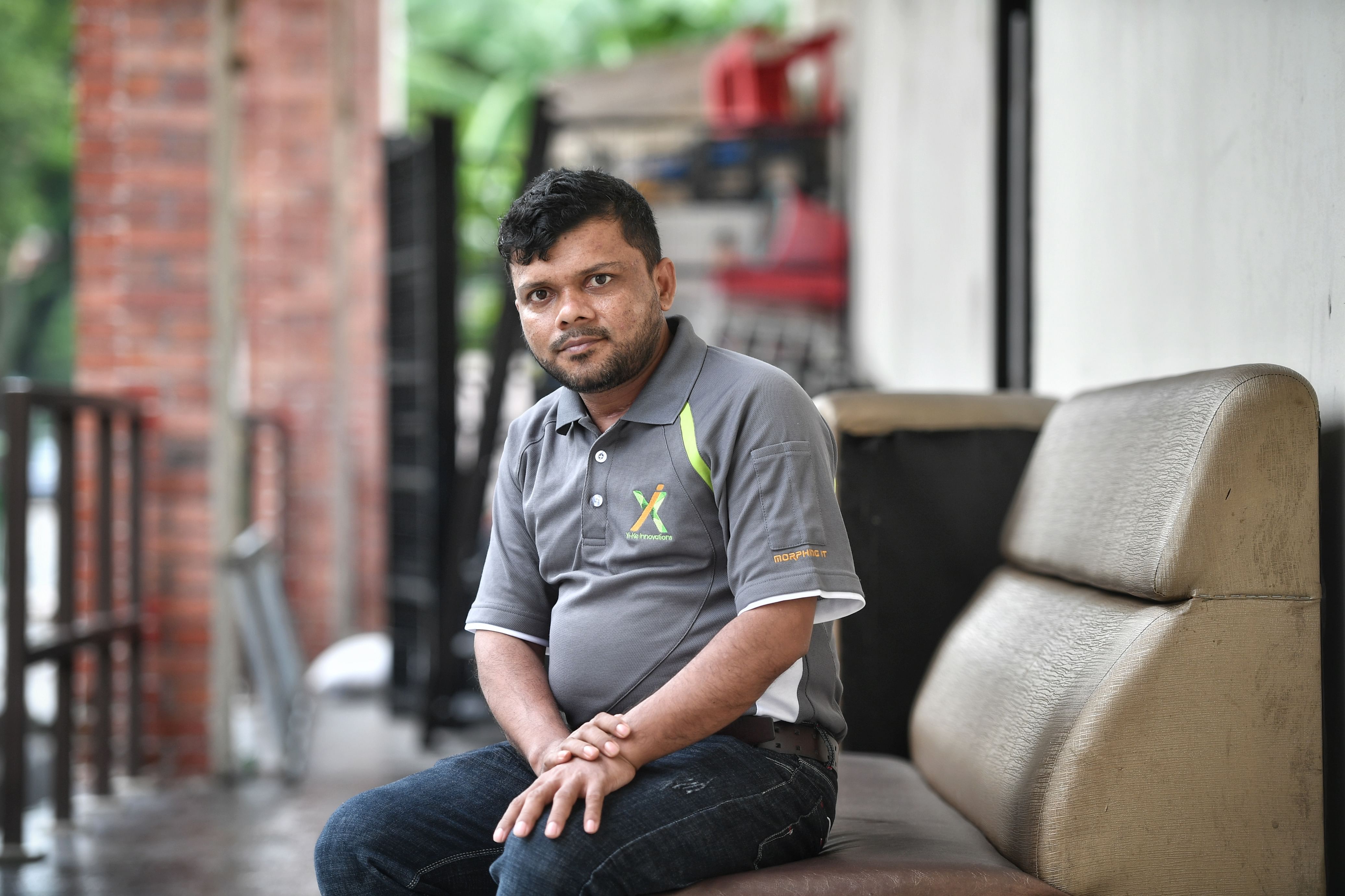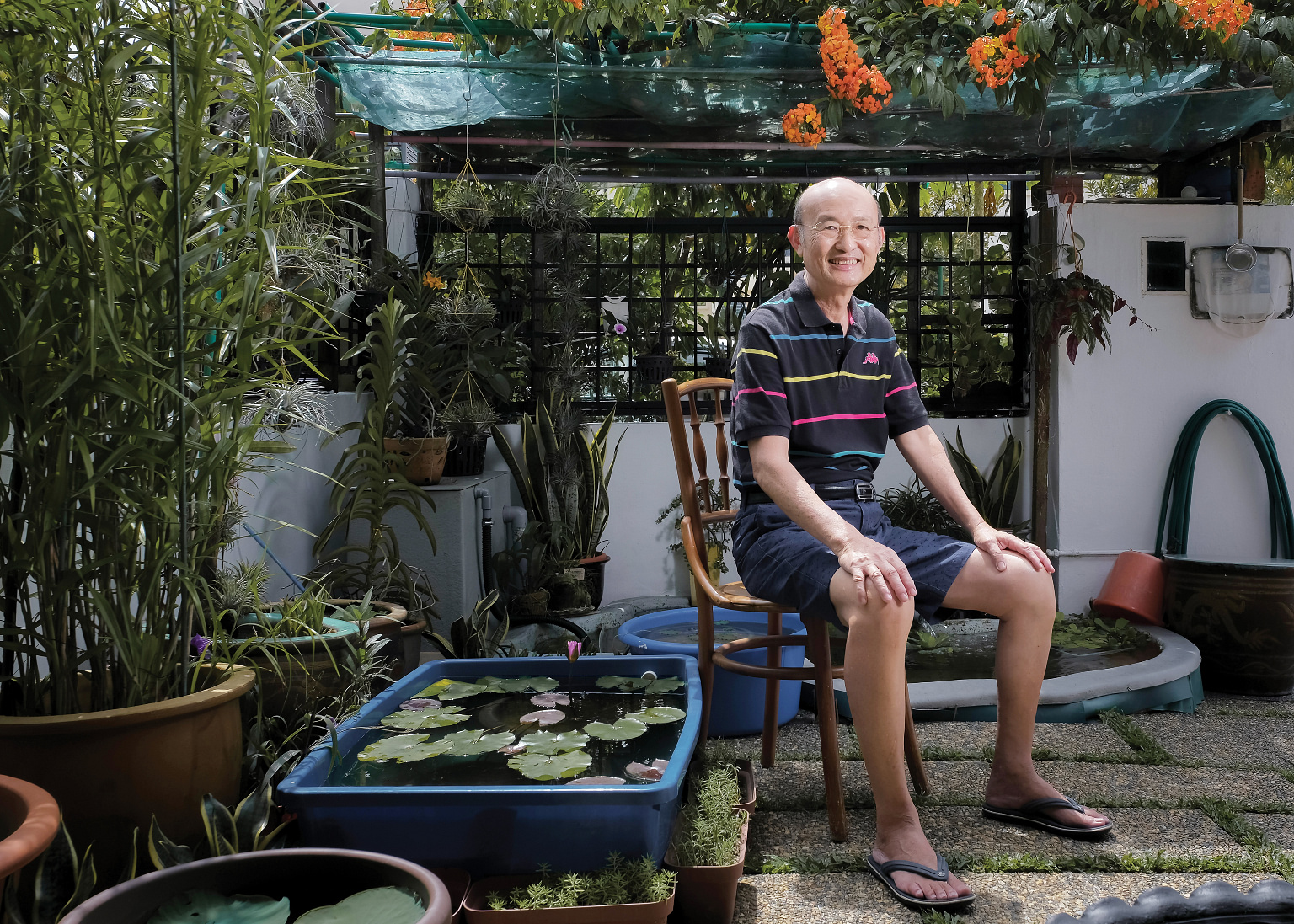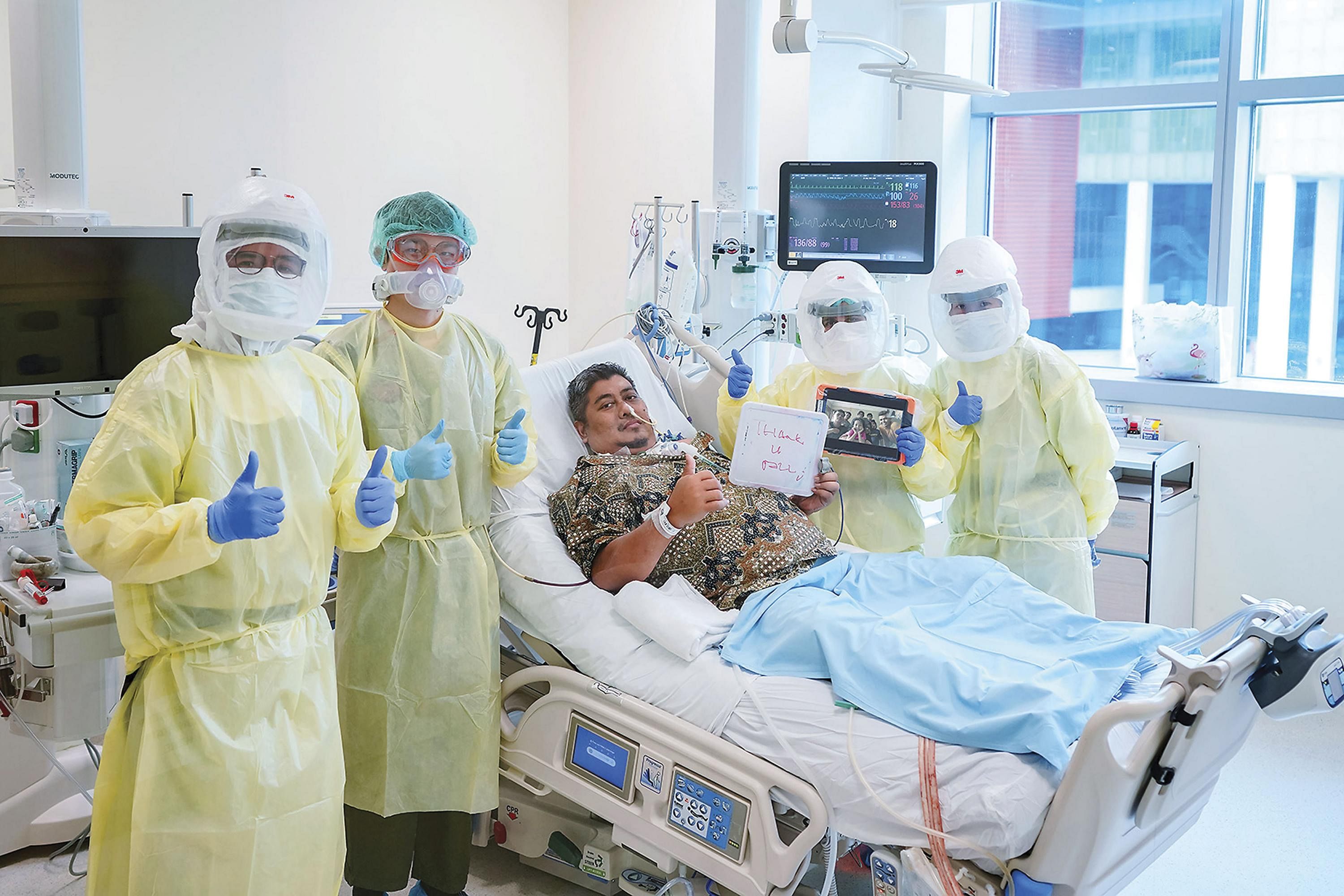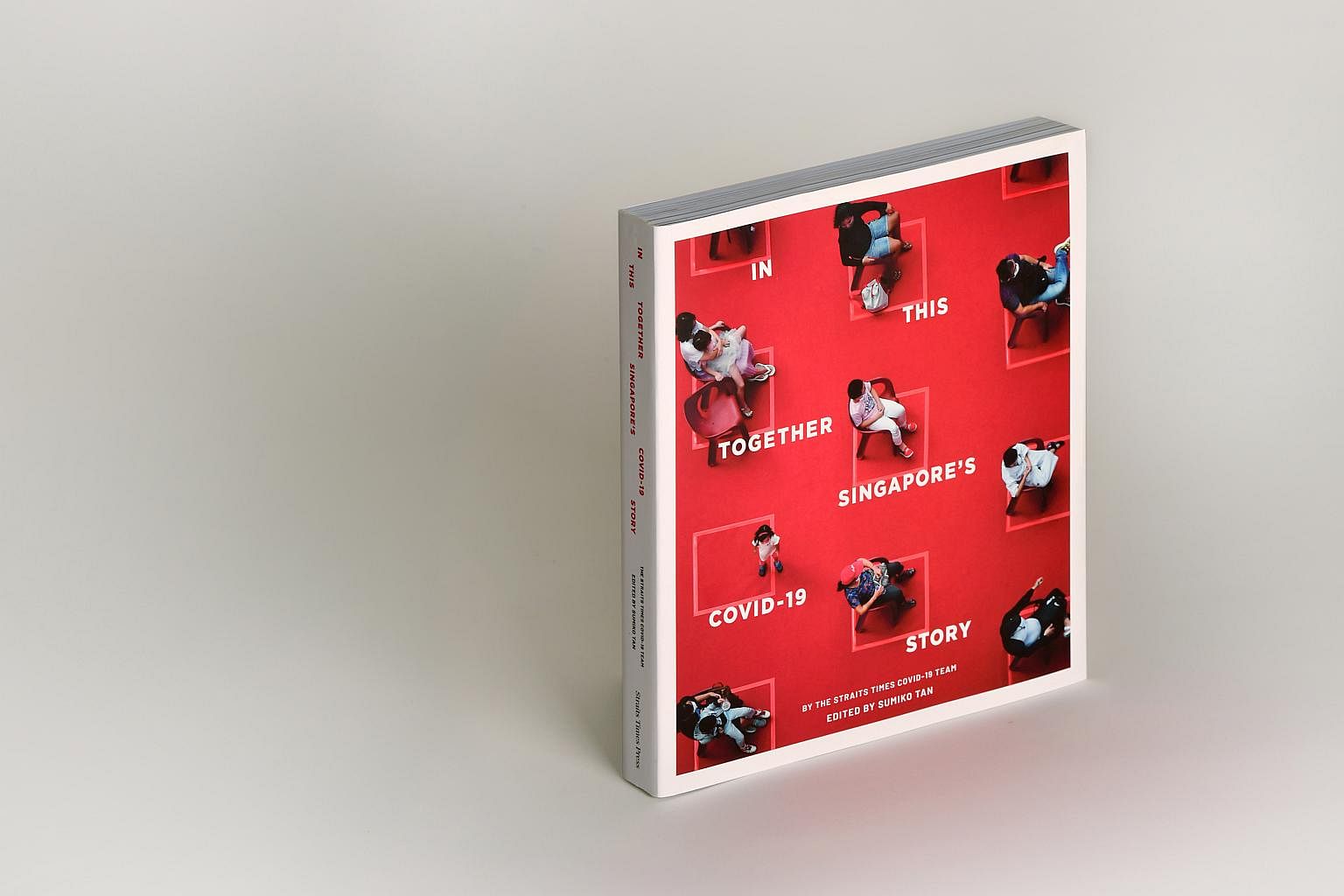'Till today, we have no closure': Trials of Covid-19 survivors, pain of bereaved captured in new book
https://www.straitstimes.com/singapore/health/till-today-we-have-no-closure-trials-of-covid-19-survivors-pain-of-bereaved-captured-in-new-book
'Till today, we have no closure': Trials of Covid-19 survivors, pain of bereaved captured in new book
SINGAPORE - To lie in hospital for nearly six months, medically die and come back to life, and still struggle with debilitating side effects over a year later. To be unable to hold the hand of your beloved grandmother in her final moments, or to have questions around your father's death remain unanswered.
The experiences of individuals who were either infected or bereaved by the Covid-19 disease are captured in a new book chronicling Singapore's fight against the pandemic. In This Together: Singapore's Covid-19 Story recounts some of the human toll it exacted, in addition to relating how the battle was fought on many fronts by policymakers, government agencies, health and front-line workers and businesses.
As at Wednesday (Jan 19), about two years since the first case emerged in the city-state, there have been more than 296,000 infections and 844 deaths.
In the book, Mr Efendi Abdul Rahman, 45, tells of how he narrowly escaped being part of the latter statistic.
Lying in an intensive care unit (ICU) after contracting the coronavirus in May 2020, his heart stopped beating for two minutes and he had to be revived through cardiopulmonary resuscitation and drugs.
The former security officer had arrived so gravely ill that doctors put him on a ventilator in an induced coma for 11 days. For two months, he was fed through a tube and could not talk because of the incision in his windpipe that helped him breathe. He was hospitalised for 83 days during which his weight went from 106kg to 69kg.
As at December last year, he was still weak, tired easily and needed a wheelchair to get around. As he has been unable to return to work, his family of nine relies on the income of his eldest son, aged 24, instead.
Bangladeshi migrant worker Raju Sarker, 40, spent five months in hospital - half of it sedated in the ICU - after catching Covid-19 in February 2020. Though reunited with his wife and young son back home in Bangladesh, he still cannot exert himself, and his dreams of owning his own shop have been put on hold for now.

Retiree Wong Shin Liang, 72, was also put through a hospital ordeal after being infected. Throughout his 67-day stay, which included three visits to the ICU, he recalls being embarrassed having to ring the bell for nurses to help change his diapers - at one point, doing so 15 times in one day. The virus had ravaged the diabetic's immune system, causing acute intestinal bleeding and blood in his stools.
Today, Mr Wong and his wife take care not to venture out of their home unnecessarily.
In the book, he and other survivors express gratitude that they underwent treatment in Singapore's healthcare system.

But there is little such relief for those who lost loved ones to the virus, with many still unable to comprehend how their loved ones were infected to begin with.
Madam Chin Chye Yin, 94, died in October last year, hours after 27 family members gathered virtually on Zoom to bid goodbye to their matriarch, whose face they could not fully see because of the oxygen mask strapped to it.
None had been able to visit her when she was hospitalised four days earlier; nor did they get a last glimpse of her body.

The family of Madam Koh Chiu Ngim, 97, who died in May 2020, has also grappled with not being able to say a proper farewell.
Their last words to her were through a five-minute video call a week before she died, and her final moments were witnessed by just two family members from afar. The same went for funeral arrangements - no wake was allowed and only 10 people could attend her funeral.
"Till today, we have no closure," said Madam Koh's daughter-in-law, Ms Sharon Peh.
Neither has the family of migrant worker Wu Liyou, 41, found closure. His father, wife and two sons back in China were not even aware that he had caught the virus.
Although discharged in May 2020, he developed complications, including a blood clot in his lungs. He collapsed and died the following month while aboard a cruise vessel used to house recovered workers.
The family tried at first to seek answers but are now resigned to their loss.
"He might have just been a foreign worker to Singaporeans," said his eldest son, Mr Wu Feixiang. "But to us, he was a father, a son, a husband. He was the pillar of our family."
Join ST's Telegram channel here and get the latest breaking news delivered to you.



Comments